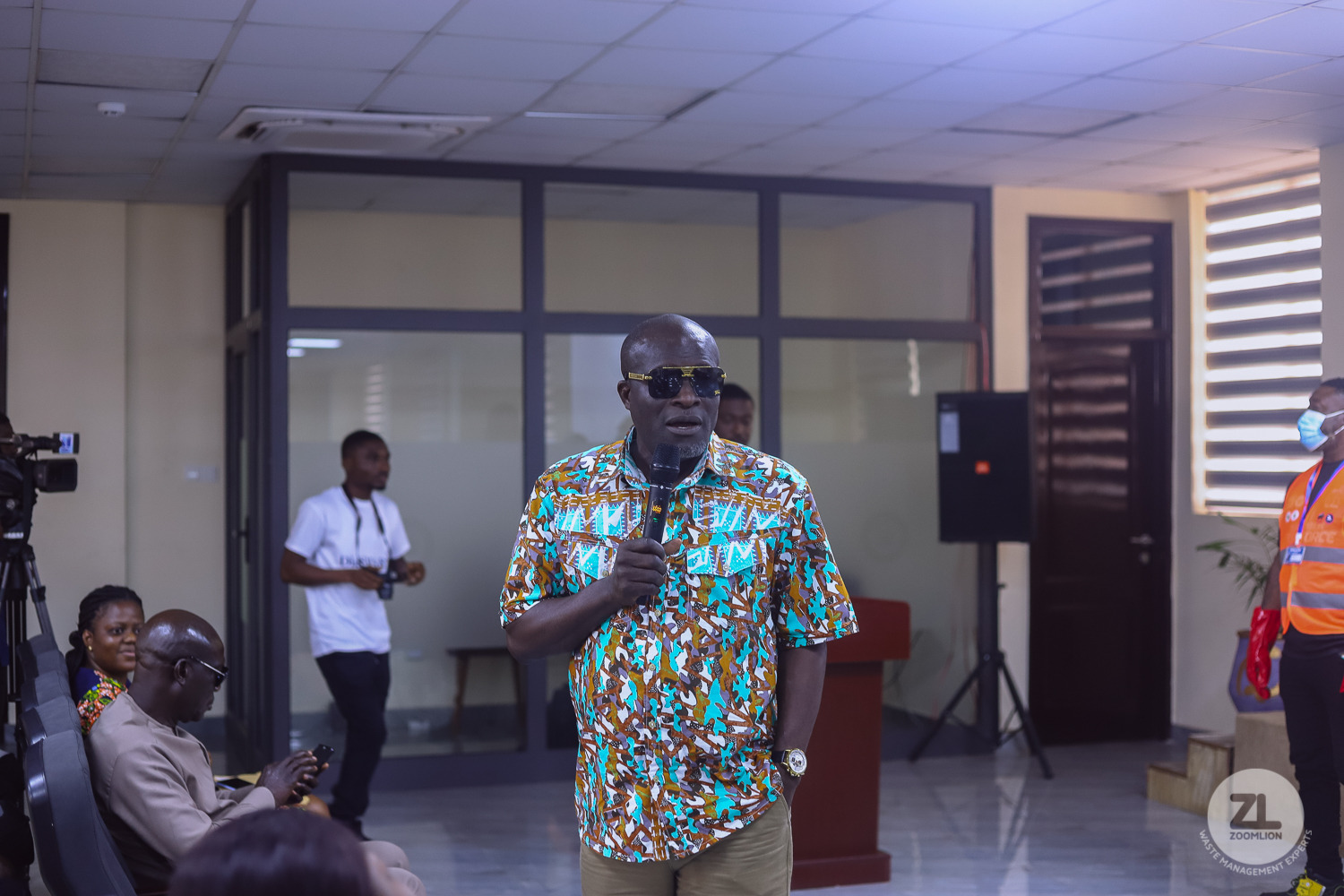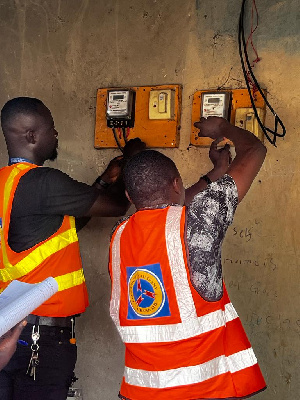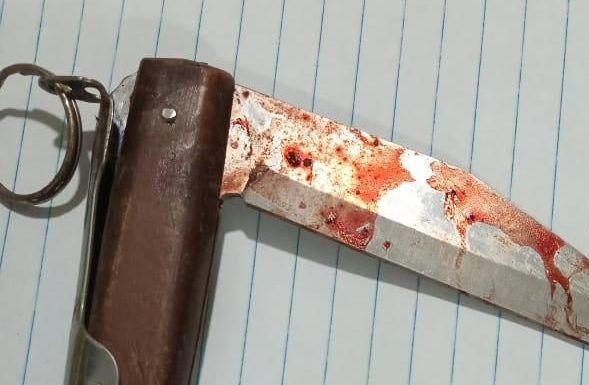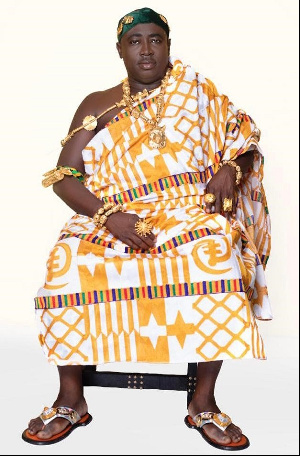Christiana Adomah Boateng:alleged lesbian goes into hiding as an anti-LGBTQ+ task force mounts a search
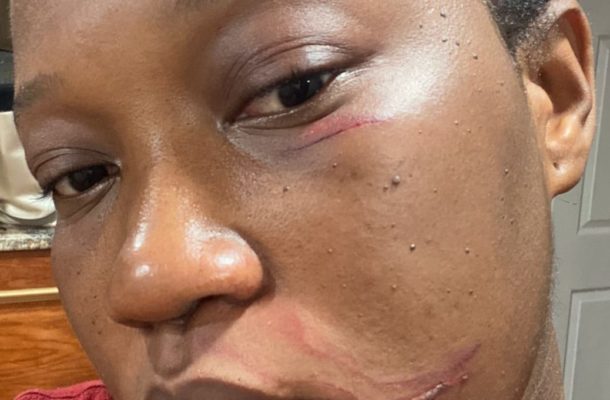
A vigilante group in Darkuman, a suburb of Accra in the Greater Accra Region of Ghana, that killed Gifty Appiah, a young girl suspected of being involved in homosexual activities, is now trying to track down her partner, Christiana Adomah Boateng, 28 months after she went missing.
According to an Accra-based radio station, Onua FM 95.1, the problem started when Christiana Adoma Boateng was attacked by the same vigilante group on September 15, 2020. According to the report, Christiana was beaten mercilessly, and her family was threatened when they tried to come to her rescue.
The report added that the deceased, Gifty Appiah, was nearly attacked by the same vigilante group around 5:00 p.m. that same day, but she escaped to Kumasi. Gifty Appiah remained hidden in Kumasi until Wednesday, December 21, 2022, when she returned to Darkuman to celebrate Christmas with her family.
According to the report, Gifty Appiah was lynched by the vigilante group, which had been tracking her since September 2020. The police confirmed the incident, however, and said they were determined to identify the individuals behind the killing.
Meanwhile, the family of Christiana Adoma Boateng, whose whereabouts are yet to be known, is living in fear as the vigilante group continues to threaten to reveal the whereabouts of their daughter. The family is calling on the Ghana Police Service to come provide them with adequate security.
The vigilante group is reported to be determined to track down Christiana Adoma Boateng and kill her because of her involvement in homosexual activities.
Violence against the LGBTQ community in Ghana has been a problem for years.
Consensual sex among same-sex adult men or women is still illegal in the country, punishable by years in prison.
Some LGBTQ rights advocates are making a push, calling for Parliament to act against the discriminatory laws that target them, either by passing legislation or putting it up for a public referendum.
Activist Phil Collins Agbedanu Kroger praised Jackson for his comments and agreed, calling the LGBTQ community in Ghana “big,” but saying that many remain closeted out of fear and because of the “religion and culture that people oppress them with.”
Currently, there is a bill before the Parliament of Ghana. Under the draft bill, identifying as gay could result in a 5-year prison sentence, while advocating for LGBTQ rights could be punishable by up to 10 years behind bars.
Same-sex conduct is already a crime in the West African country, with violators facing a three-year sentence, but the new Promotion of Proper Human Sexual Rights and Ghanaian Family Values Bill seeks to criminalize identifying as gay, lesbian, bisexual, transgender, pansexual, nonbinary, queer, an ally, or any other sexual or gender identity that is contrary to the binary categories of male and female, according to a version of the bill leaked online.
Advocating for the rights of anyone in those categories—through speech, printed material, electronic media, or other means—could result in an even steeper sentence of up to a decade in prison.
The proposal, which was submitted to parliament last month, also explicitly bans same-sex marriage and adoption, LGBTQ-focused associations, and gender-affirming surgery “except where the procedure is intended to correct a biological anomaly, including intersex.”
Gross indecency, which according to the measure includes cross-dressing and public displays of same-sex affection, would be considered a misdemeanor with a jail sentence of between six months and a year.
Danny Bediako of Rightify Ghana, a local LGBTQ group, called the measure “a homophobe’s dream law.”
“The community is shocked at how wide-ranging it is,” he said. “People are even scared to go out now, and some members say they will leave the country if the bill is passed into law.” “Even those who want to help us will be afraid.”
The proposed legislation requires residents to report homosexual activity or advocacy to the authorities, but it also calls for “flexible sentencing” for an individual who “openly recants and requests access to approved medical help,” which Rightify Ghana and Wamari both interpreted as a reference to conversion therapy, the medically discredited practice of trying to change a person’s sexual orientation or gender identity.
Sam George, a member of parliament and one of the bill’s eight sponsors, said the measure is needed “to fight against the scourge and perversion that homosexuality presents,” Modern Ghana reported. But he insisted its aims are being twisted by LGBTQ advocates.
“The LGBTQ cabal thrives on misconception.” “The only way they can achieve their perverse goals is to sow seeds of misconception,” he told journalist Francis Abban on the radio program Morning Starr, according to Modern Ghana.
“We are not rewriting the laws of Ghana.”
Because the bill outlaws oral and anal sex for both heterosexuals and homosexuals, George said, “It’s not a specific law for LGBTQ.” It’s what exists for all of us.

